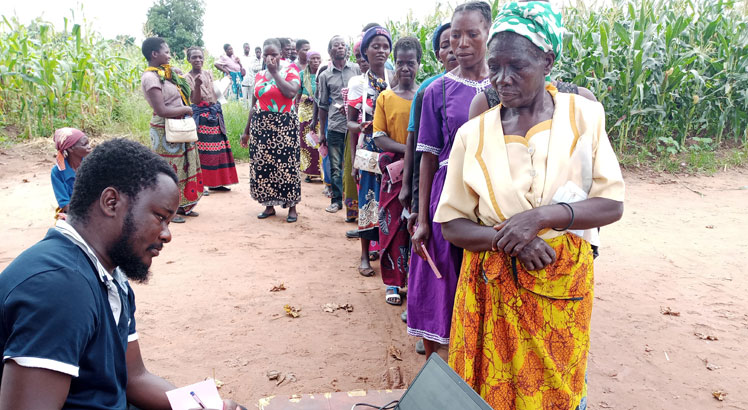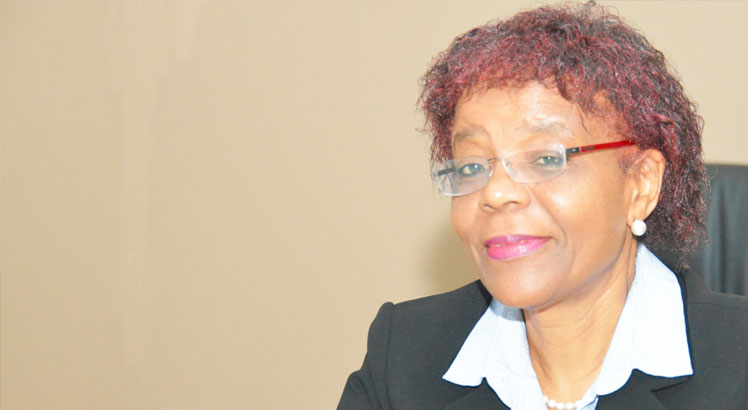Economist urges review of cushion measures
Economist Milward Tobias has urged Treasury to review the social protection measures meant to cushion the poor from the negative impacts of devaluation for them to make a meaningful impact.
In an interview with Business News, Tobias, who is also leader of Mzika Coalition, observed that the individual packages are “too small to make noticeable impact”.

He said: “In fact, if beneficiaries have been receiving from multiple sources and remained poor, that is an indication that the solution is to increase rather than reduce.
“Countries that have used social protection as a tool to end poverty have provided a comprehensive package to targeted beneficiaries using a robust system of beneficiary identification and monitoring progress over time.”
Tobias observed that for a social cash transfer beneficiary receiving K5 200 per month, a 57 percent increase in social cash transfer value means an increase from K5 200 to K8 164.
“This amount of money cannot sustain a household,” he said.
The 2020 Malawi Poverty Report estimated that 50.7 percent of the population is poor and that 20.5 percent of the population is ultra-poor.
To put the poverty figures in perspective, he said, the national poverty line was benchmarked at K165 879 per person per year translating into K454 per person per day while the ultra-poverty line was benchmarked at K101 293 per person per year, translating to K277 per person per day.
Said Tobias: “What this means is that poverty is more severe than the figures suggest as many people above the benchmark figures are not really better off.
“The increase in social cash transfer beneficiaries from 10 percent to 15 percent still leaves out 5.5 percent who are ultra-poor in addition to the fact that even those supported will continue to struggle.”
In a bid to ease the pain of the recent 44 percent devaluation of the kwacha, Minister of Finance and Economic Affairs Simplex Chithyola-Banda unveiled safety nets for vulnerable communities.
Among others, he said Treasury will increase social cash transfer beneficiaries from the current 10 percent to 15 percent of the population, translating to one million households on top of the two million.
Treasury also plans to increase social cash transfer benefit levels by 57 percent.
Further, Treasury said it will continue implementing Cyclone Freddy recovery interventions in Blantyre Rural, Thyolo, Phalombe, Chiradzulu, Mulanje, Nsanje, Chikwawa, Balaka and Zomba Rural targeting 184 920 households with beneficiary households receiving K150 000 for consumption needs.
Further, under the new measures Treasury plans to re-introduce the price shock urban emergency cash transfer programme targeting 105 000 households in Zomba, Blantyre, Mzuzu and Lilongwe cities with a once-off transfer of K150 000 for three months.
In the outline, Treasury also seeks to increase the wage rate for the climate smart public works programme and extend beneficiary work periods from the current 12 days a month to six months in a year. This is expected to benefit 520 000 households from the current 362 450 nationwide.
Chithyola-Banda said government will design other aspects of cushioning measures to be announced when he presents the Mid-Year Budget Review Statement in Parliament.
Said Chithyola Banda in his 2023/24 Mid-Year Budget Review Statement: “Government has embarked on consultations with relevant stakeholders to revise the minimum wage.
Government has initiated discussions with the banking sector to consider a short moratorium, say for three to four months on running financing facilities for SMEs in order to cushion them from the impact of the devaluation.”
Following the 44 percent devaluation of the kwacha, there have been increases in the prices of fuel, electricity, maize and other basic items, which also threaten inflation prospects going forward.






One Comment